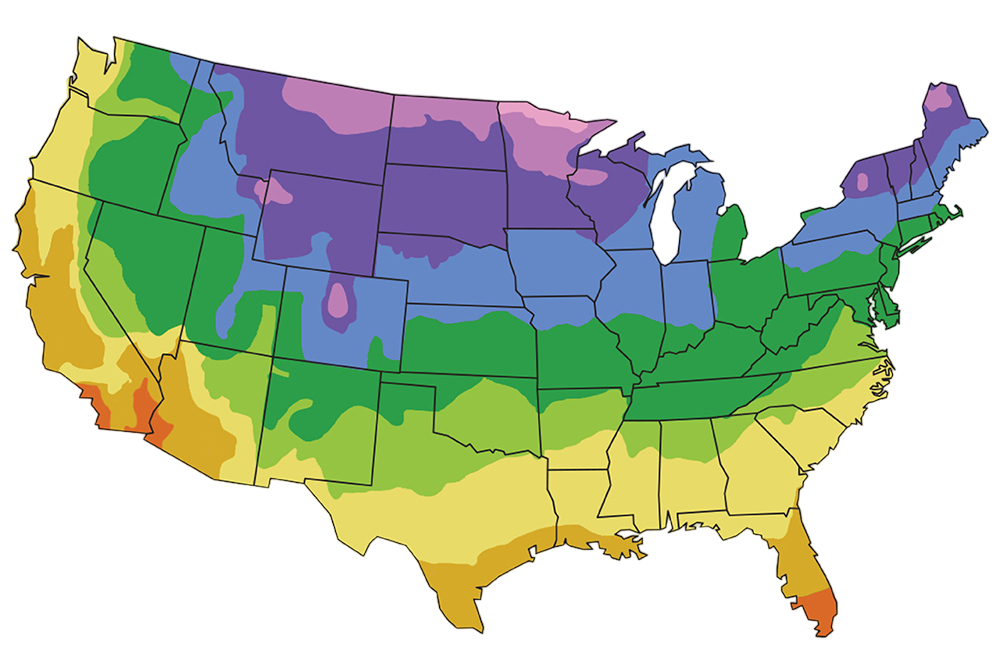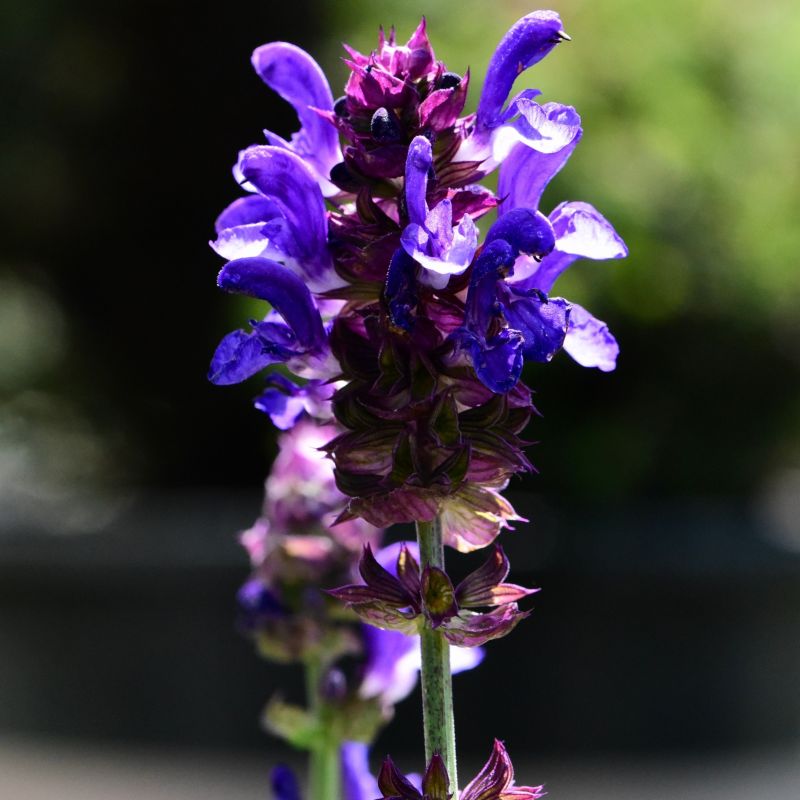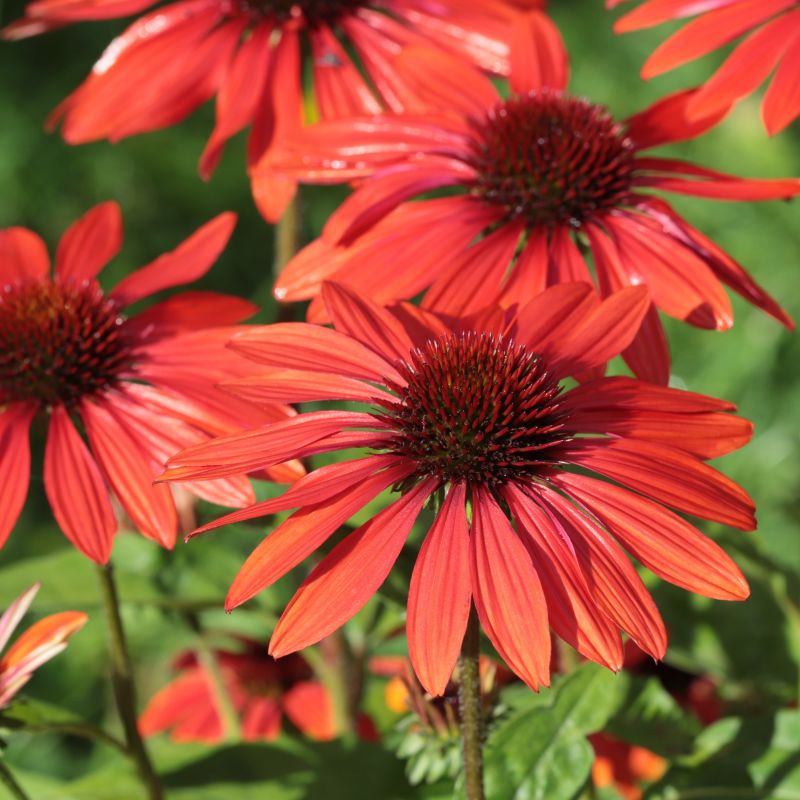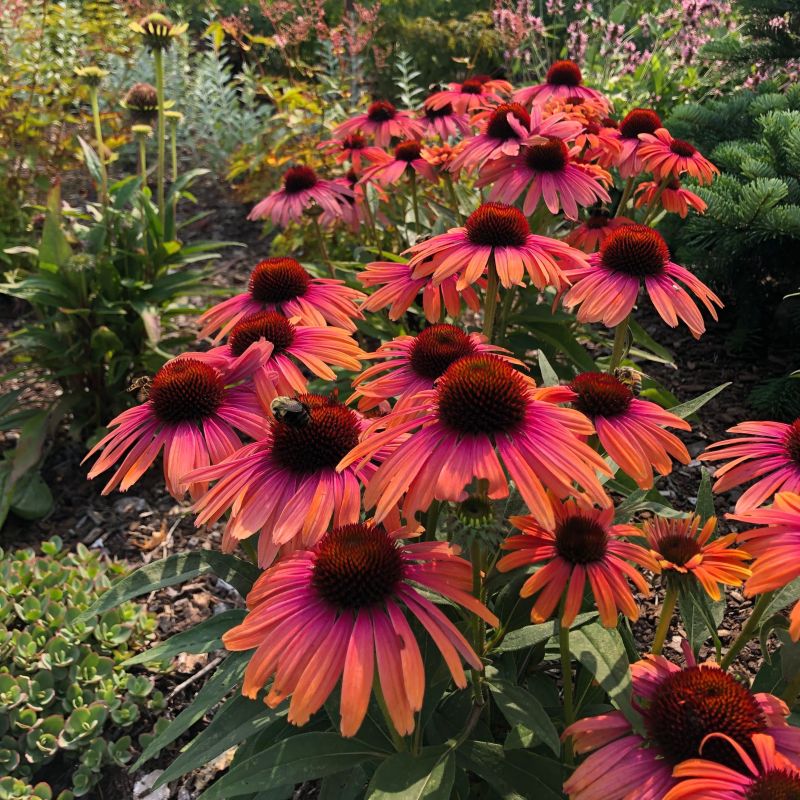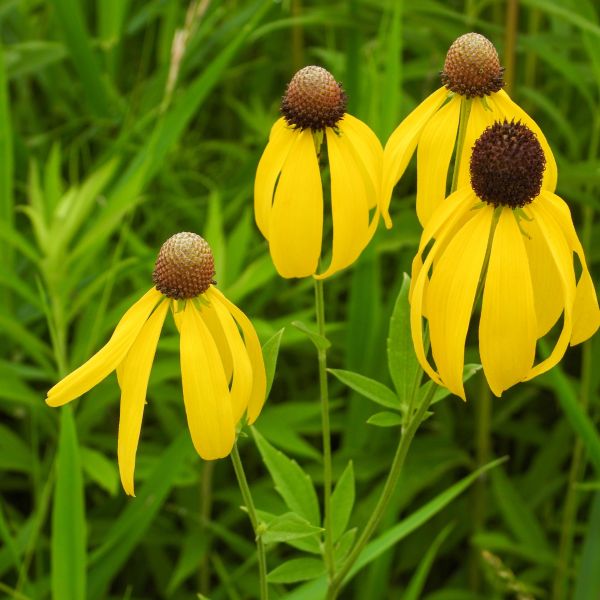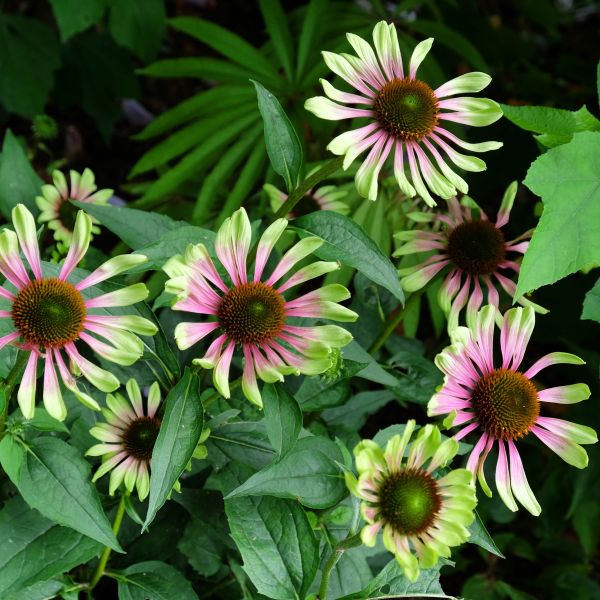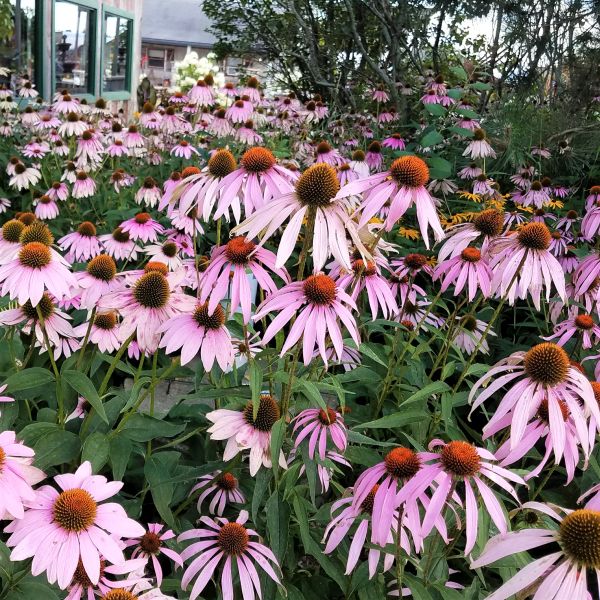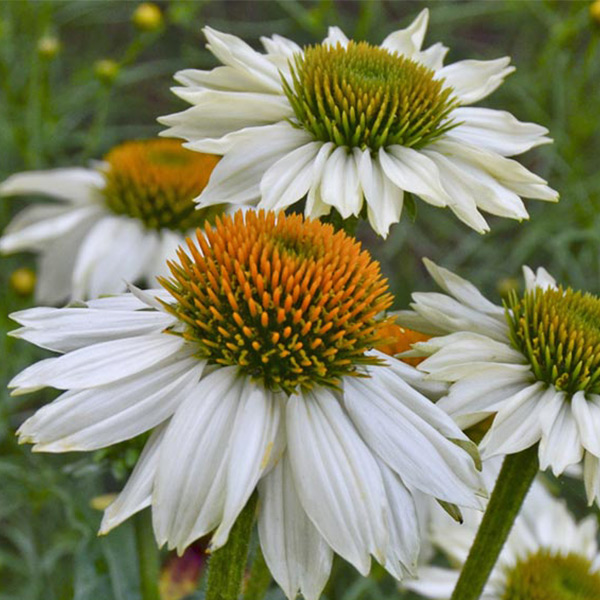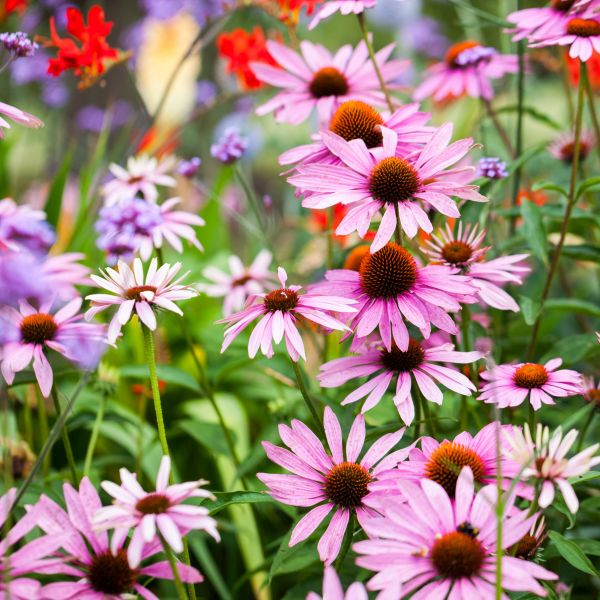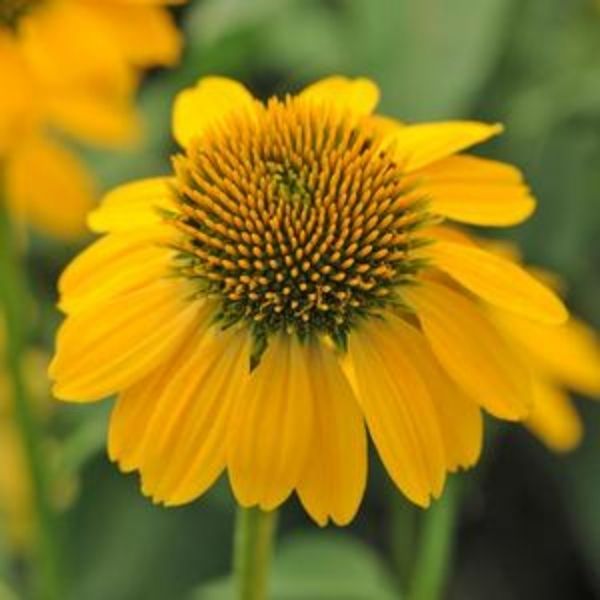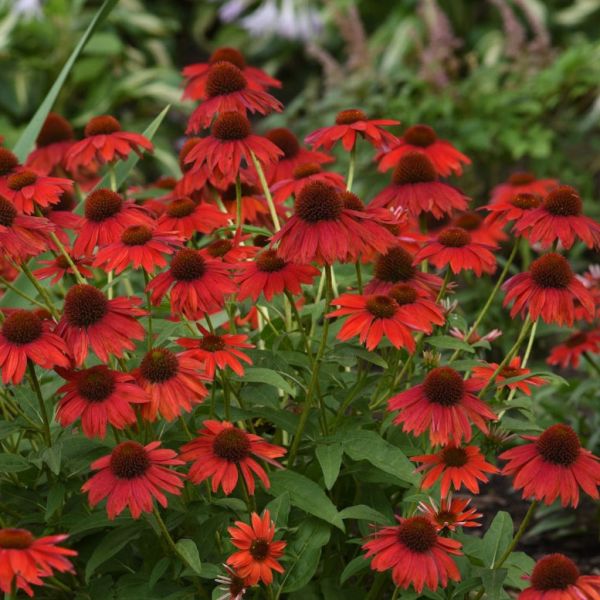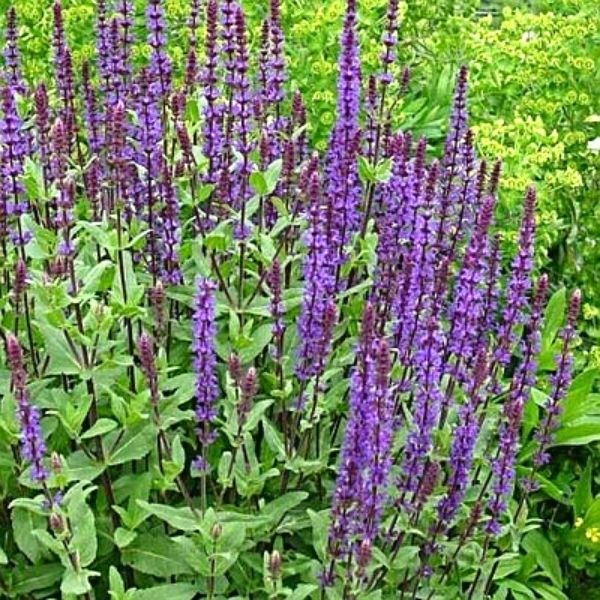
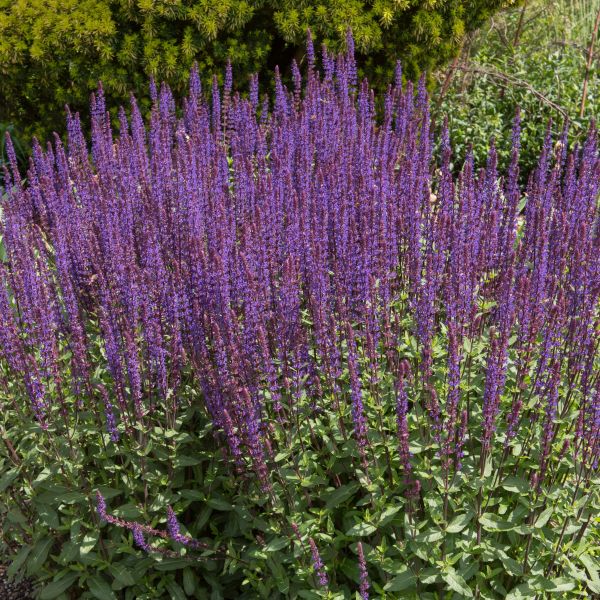
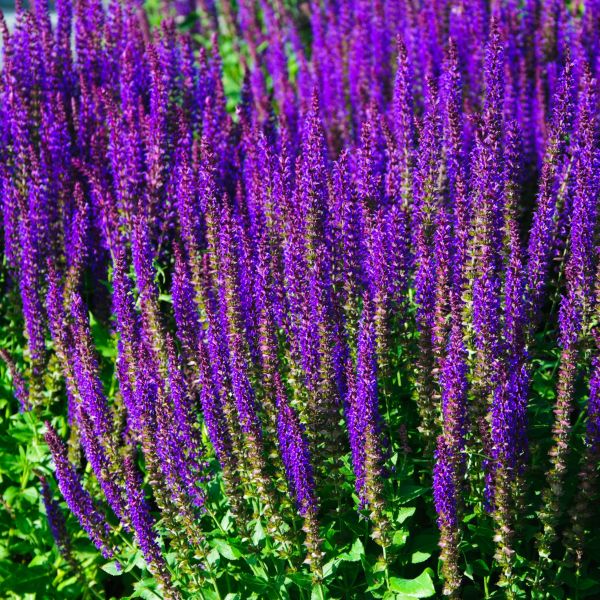
Caradonna Salvia
Salvia nemorosa 'Caradonna'
19 reviews
Caradonna Salvia
Salvia nemorosa 'Caradonna'
19 reviews
- Blooms from late spring to early summer
- Drought tolerant and low maintenance
- Attracts bees, butterflies, and hummingbirds
- Recommended by landscape designers for optimal fit in real yards
$46.00
$66.00
30% Off
- Ships to 43215 in 3 to 7 days
- Free Shipping Over $150
- Plant Arrival Guarantee
- In Stock
- Free Plant Consult
$200 - Landscape-Approved: Every Plant We Sell Comes With Design Expertise Behind It
- 1 Gallon
- 1.5 Gallon
Not just beautiful - intentionally selected by ShrubHub's 3D landscape design team to fit real-world spaces and maximize yard potential.
Why Caradonna Salvia?
Caradonna Salvia is a hardy perennial with striking violet-blue flowers that bloom from early summer to fall. It is drought-tolerant and thrives in full sun to partial shade. The plant grows up to 2ft tall and is perfect for borders, rock gardens, and container plantings. It attracts pollinators like bees and butterflies with its fragrant blooms.
People who loved this plant also bought
Sunlight
Caradonna Salvia requires full sun to thrive and reach its full potential.
Watering
Caradonna Salvia requires regular watering to keep the soil consistently moist but not waterlogged. It is important to avoid overwatering or letting the soil dry out completely. A balance of moisture is necessary for the optimal growth and health of the pl
Fertilizing
Caradonna Salvia typically requires a well-draining soil and benefits from a balanced fertilizer with high phosphorus and potassium levels. It is important not to over-fertilize as this can lead to excessive foliage growth and reduced flowering.
Caradonna Salvia: An Enchanting Plant That Creates an Out-of-this-World Garden Look
Accentuating the architecture of your abode calls for a creative landscape design idea that adds value to your property, brings heaps of charm to the scene, and offers you a mind-soothing experience. This is when Caradonna Salvia (Salvia nemorosa 'Caradonna') comes into the picture to breathe life into your dream yard and give your space an artistic twist with its interesting form.
Picture yourself on a warm spring day, leisurely walking through a lavender meadow while taking in the gripping beauty of the purple stretching across the horizon and brushing your fingers against the lovely blooms. The image alone can soothe your mind, heal your heart, and nurture your soul! But what if you can teleport yourself to a lavender-like field whenever you step into your yard?
Striking, mysterious, and royal, the Caradonna Salvia boasts sky-reaching purple flower spikes that bring a touch of whimsy to the scene, grey-green aromatic foliage that smoothly contrasts with the adjacent dark purple flower stems, and tiny lavender to violet-blue flowers that take center stage as the star of the show!
Shrouded in an enigma, the Caradonna Salvia gracefully covers your outdoor space with striking purple shades, evoking feelings of luxury, elegance, and royalty.
A winner of the Award of Garden Merit of the Royal Horticultural Society and Outstanding New Perennial Award, Caradonna Salvia is a deer-resistant perennial that features USDA growing zones 4 to 9, reaches a mature size of 18 to 24 inches in height and spread, thrives best in full sun, and prefers average dry to medium, well-drained soil.
Experience the allure of the purple color with the stunning Caradonna Salvia!
Order yours from ShrubHub today!
Plant Information:
| Botanical Name: | Salvia nemorosa 'Caradonna' |
| USDA Zones: | 4 - 9 |
| Water: | Low Once Established |
| Exposure: | Full Sun |
| Soil Needs: | Well Drained |
| Mature Height: | 18 - 24 inches |
| Mature Spread: | 18 - 24 inches |
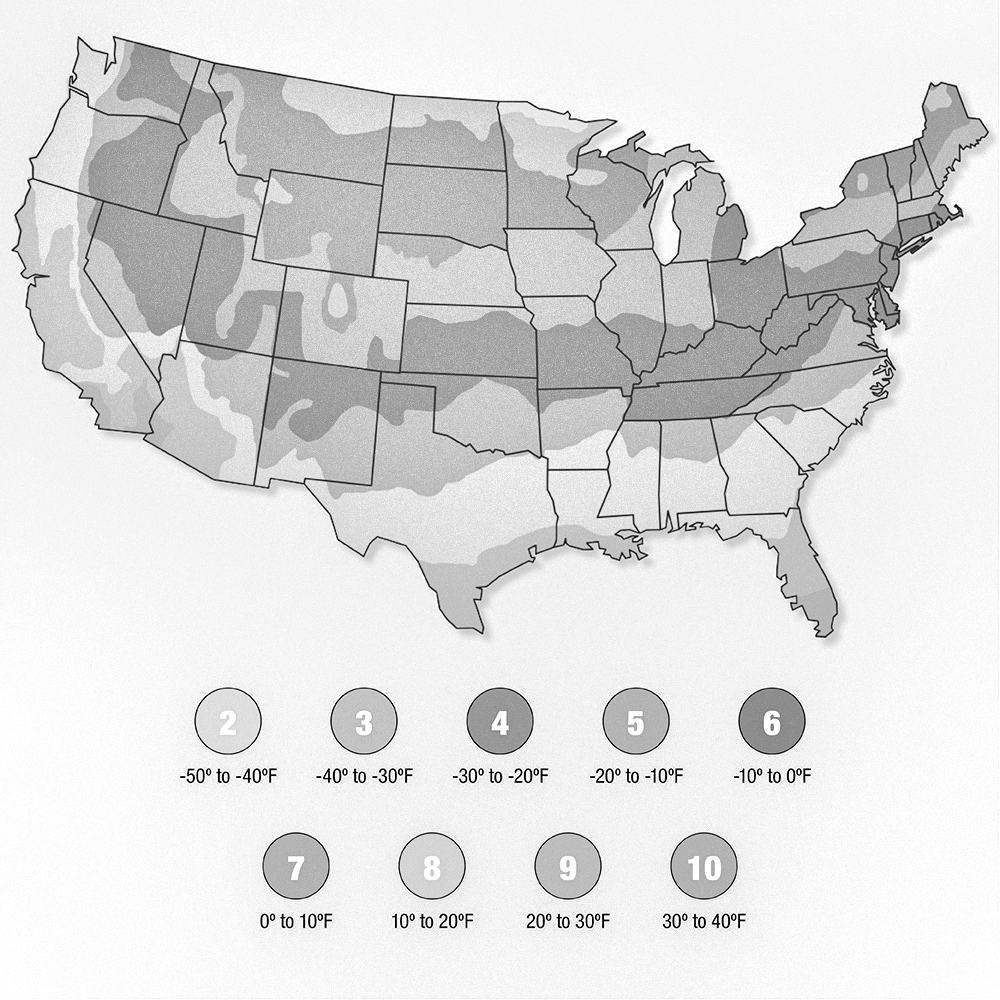

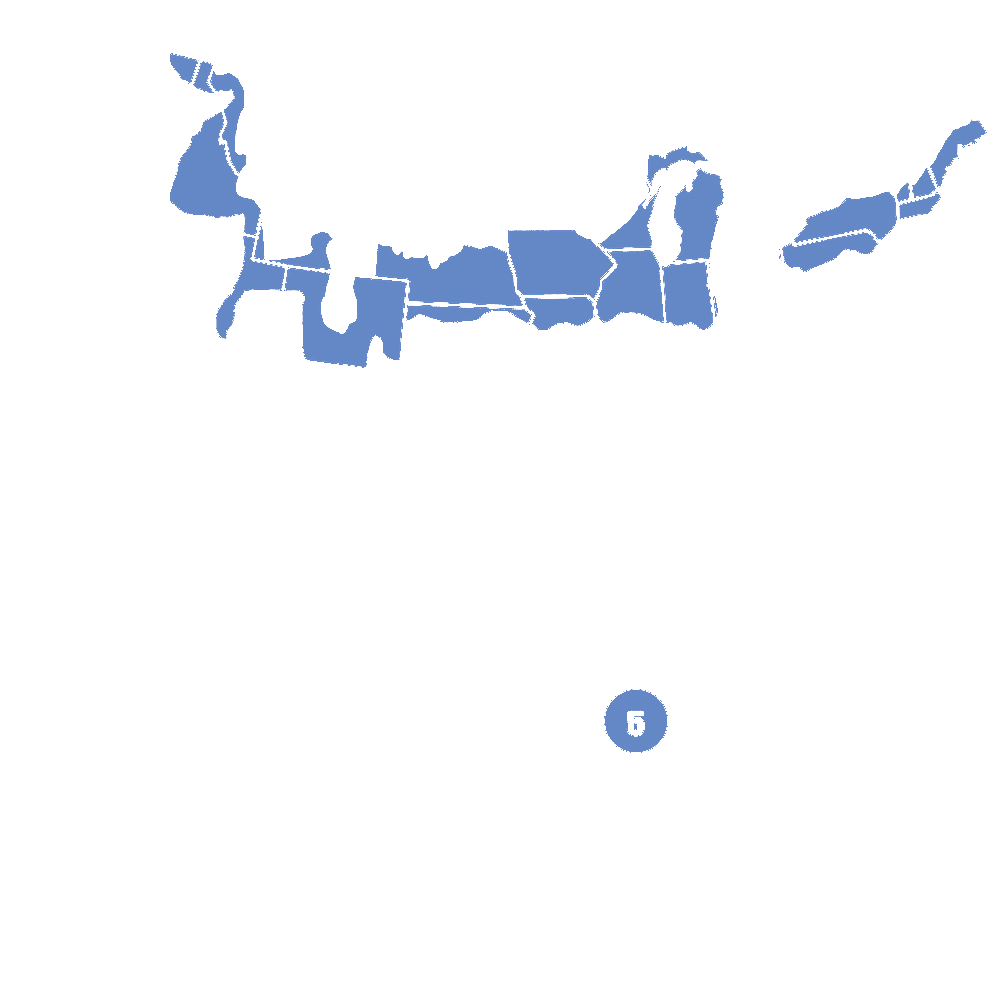
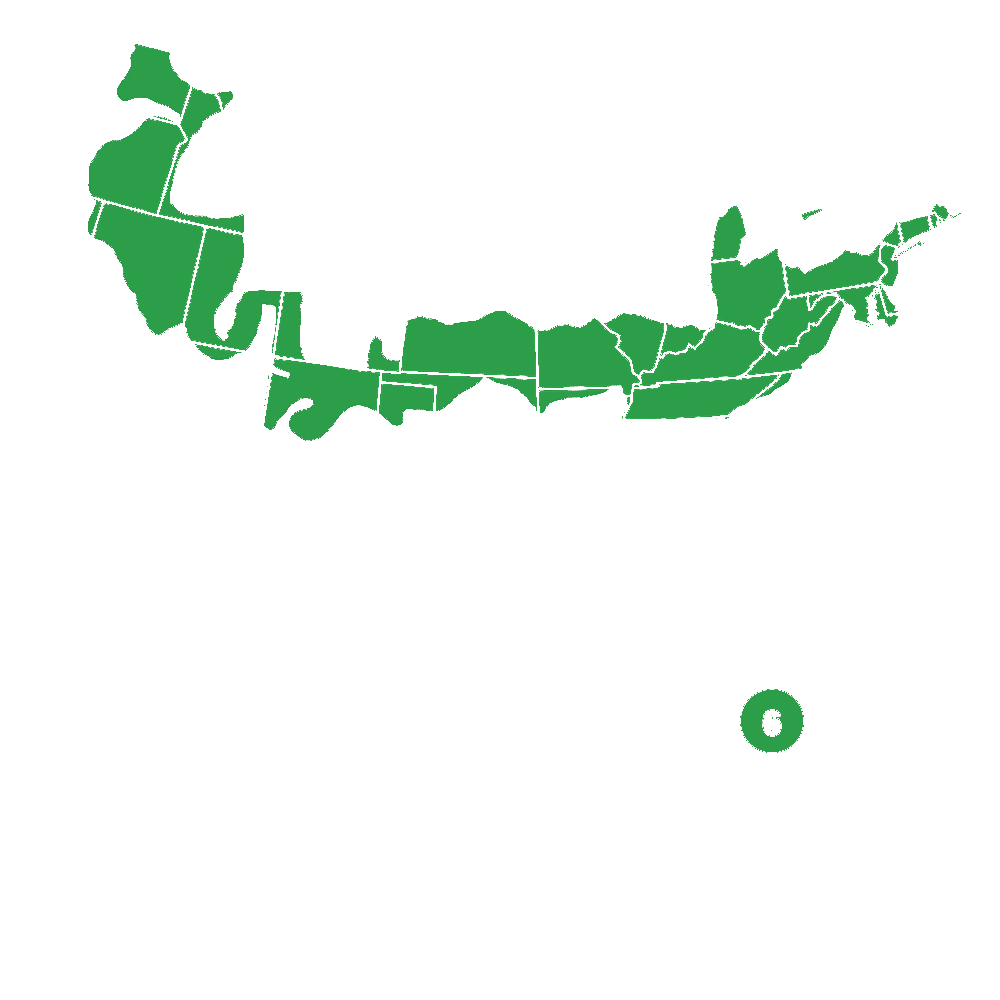
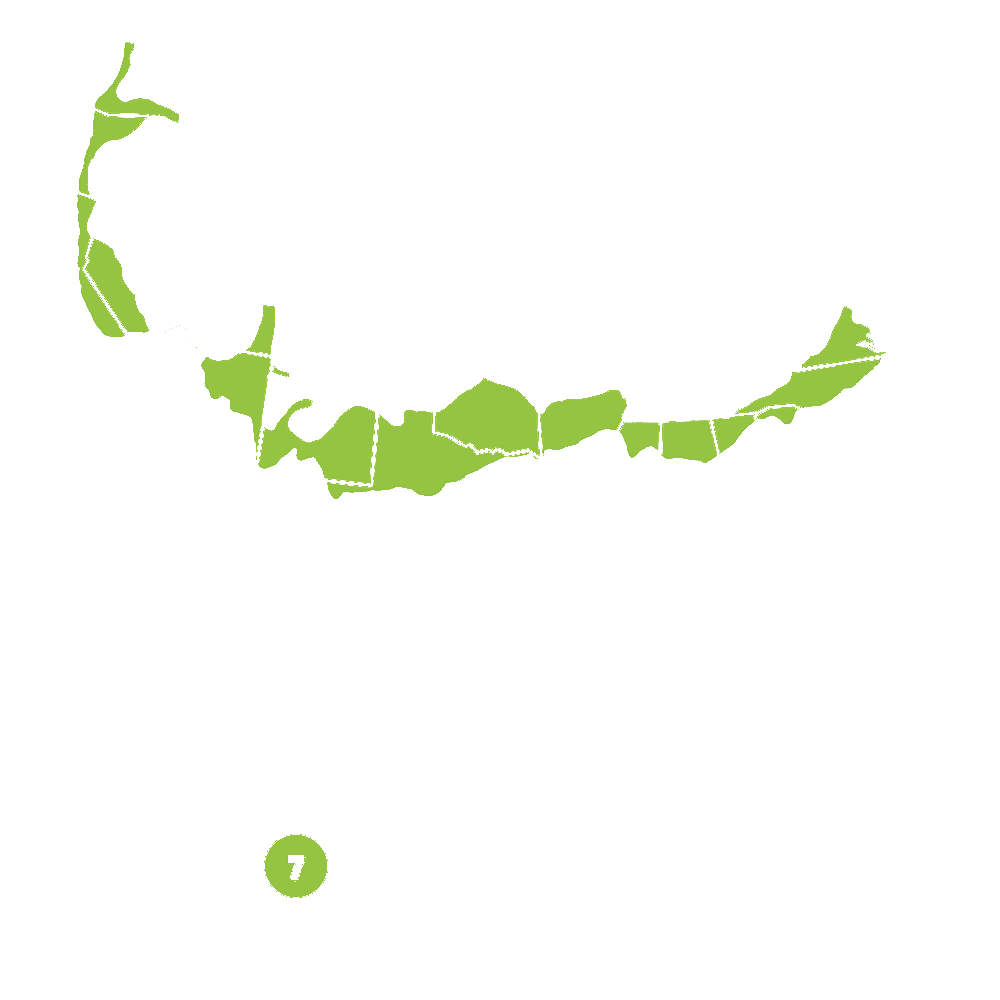
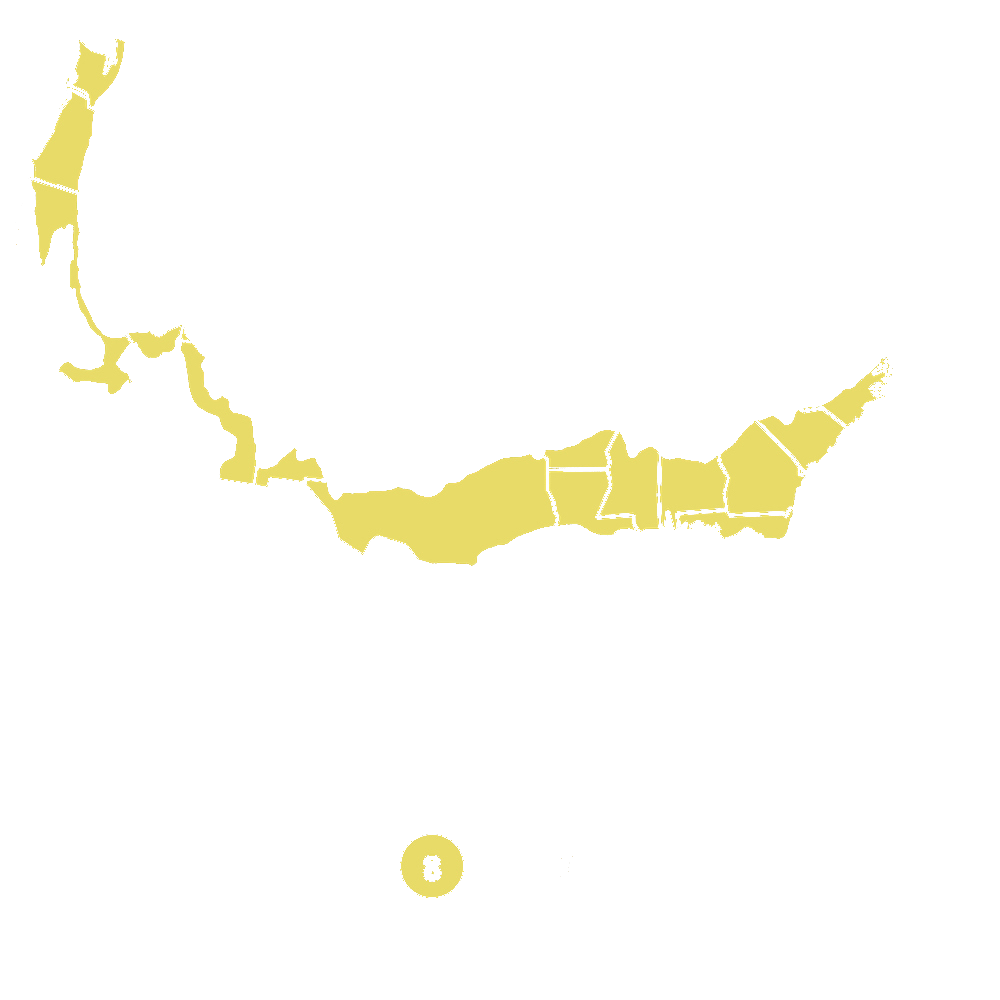
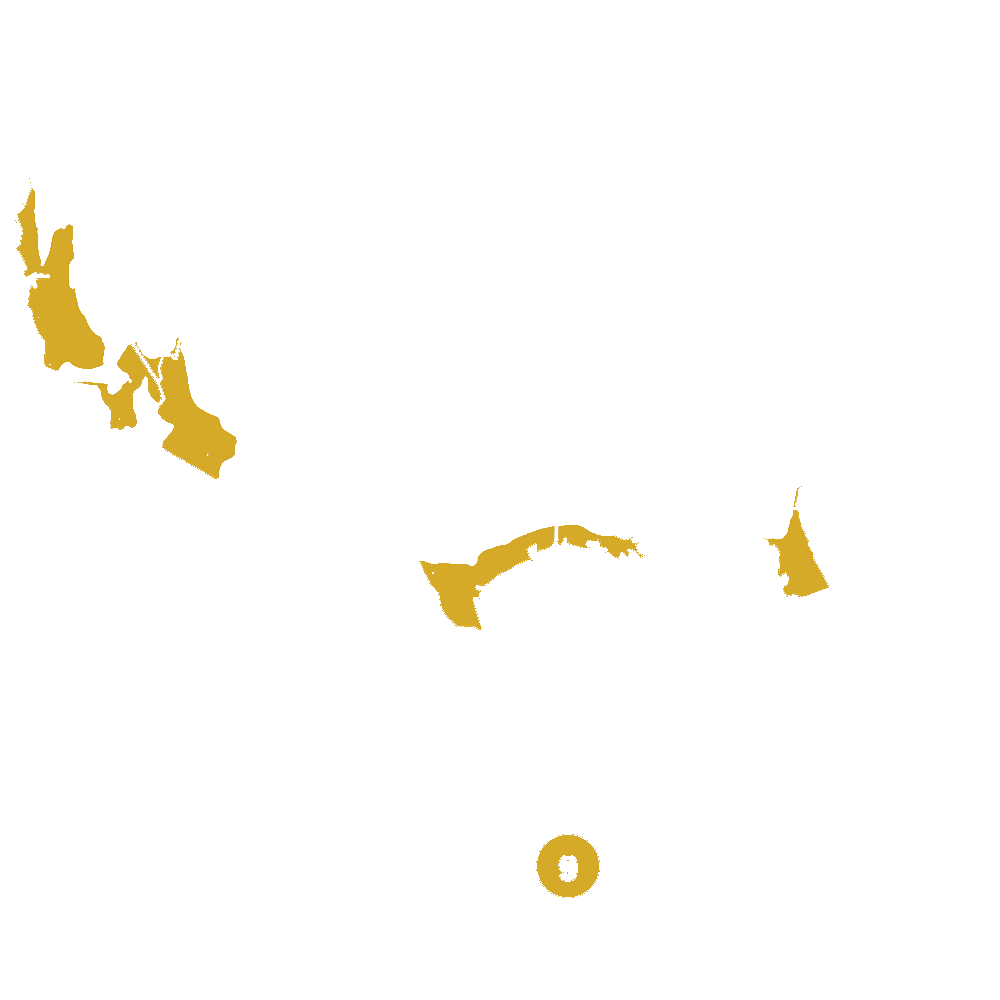
Pollination Info
Pollination Info for Caradonna Salvia (Salvia nemorosa 'Caradonna')
Caradonna Salvia is a popular perennial plant that is known for its stunning purple flowers. This plant attracts a variety of pollinators to your garden and is an excellent choice for those looking to create a pollinator-friendly environment.
Pollinator Types:
- Butterflies
- Bees
- Hummingbirds
Flowering Season:
The Caradonna Salvia blooms from mid-spring to early summer and will continue to flower sporadically throughout the year.
Pollination Mechanisms:
The Caradonna Salvia is primarily pollinated by bees, including mason bees and bumblebees. Butterflies and hummingbirds may also be attracted to the plant's nectar.
Pollination Benefits:
By planting Caradonna Salvia in your garden, you are providing an important food source for pollinators. These pollinators play a crucial role in the ecosystem, and without them, many of our favorite fruits and vegetables would not exist.
FAQ
FAQ for Caradonna Salvia
What is Caradonna Salvia?
Caradonna Salvia (Salvia nemorosa 'Caradonna') is a long-lived perennial flowering plant that is known for its striking deep purple blooms and long flowering season. It can grow up to 18-24 inches tall and 12-18 inches wide.
How do I plant Caradonna Salvia?
Plant Caradonna Salvia in a sunny location with well-draining soil. Dig a hole slightly larger than the root ball and fill it with soil, then water thoroughly. Space the plants about 12-18 inches apart.
When should I plant Caradonna Salvia?
Caradonna Salvia can be planted in both spring and fall, but the best time is in spring after the last frost. This allows the plant to establish itself before the hot summer months.
How often should I water Caradonna Salvia?
Caradonna Salvia is drought-tolerant, so it does not require frequent watering. However, it should be watered deeply once a week during hot, dry weather to maintain healthy growth.
How do I care for Caradonna Salvia?
Caradonna Salvia requires little care once established. It should be deadheaded regularly to promote continuous blooming throughout the summer. In the fall, cut the plant back to about 2 inches above the ground to prepare for winter.
What are some companion plants for Caradonna Salvia?
Caradonna Salvia pairs well with other sun-loving, drought-tolerant plants such as Russian sage, coneflower, and black-eyed Susan. It also complements ornamental grasses and other perennials with contrasting foliage.
Is Caradonna Salvia deer-resistant?
Yes, Caradonna Salvia is deer-resistant due to its aromatic foliage and bitter taste. However, it may still be susceptible to other pests and diseases.
Planting & Care
Planting & Care for Caradonna Salvia (Salvia nemorosa 'Caradonna')
Planting:
Caradonna Salvia grows best in well-draining soil in full sun to partial shade. It is tolerant of drought conditions and can grow in rocky or sandy soils. Here are the steps for planting:
- Choose a location with well-draining soil and full sun to partial shade.
- Loosen the soil to a depth of 12 inches.
- Add compost or other organic matter to the soil to improve drainage.
- Plant the salvia at the same depth it was in its nursery container.
- Water thoroughly after planting.
Care:
Caradonna Salvia requires minimal care once established. It is a hardy perennial and can survive winter temperatures down to -20°F. Here are some tips for taking care of your Caradonna Salvia:
- Water deeply once a week during dry spells, but don't overwater.
- Deadhead spent blooms regularly to promote new growth and flowering.
- Prune back the plants in late summer or early fall to promote a second bloom period.
- Fertilize lightly in the spring with a balanced fertilizer.
- Divide the plants every three to four years to prevent overcrowding.
Pests & Diseases:
Caradonna Salvia is relatively pest and disease resistant. However, it may be susceptible to root rot if planted in poorly-draining soil. Here are some common pests and diseases to watch out for:
- Aphids
- Spider mites
- Whiteflies
- Rust
- Leaf spot
- Root rot
Regular watering and good air circulation can help prevent most pest and disease issues. If problems arise, treat with insecticidal soap or a fungicide according to the package instructions.
Check Out These Verified Customer Reviews:
Customer Reviews
4.7 out of 5 based on 19 reviews
Thank you! Your review has been submitted.
I'm very pleased with the quality of the Caradonna Salvia plants. They were well-packaged and are thriving in my garden.
Item arrived well-packaged and in good condition
The Caradonna Salvia arrived quickly and in great condition. The colors were vibrant and the plants were healthy.
Item has been added to your cart.

